THE MEDICAL BENEFITS OF TETROHYDROCANNABINOL (THC)
Tetrohydrocannabinol, commonly known as THC, is the element of marijuana which provides users the high that comes with cannabis. For medicinal purposes, the high associated with THC is often cited as the primary reason some health professionals are reluctant to recommend marijuana use to their patients. Despite the psychoactivity associated with THC use, modern research reveals considerable medicinal benefits related to the compound.



Post-Traumatic Stress Disorder (PTSD)
The high associated with THC results in temporary memory impairment for some users. This can be especially therapeutic for individuals who are struggling to forget and move on from traumatic memories, such as solders returning from war and re-integrating themselves in civilian society. Recent research shows that nightmares, flashbacks and other PTSD-related symptoms can be relieved with oral doses of THC.
Asthma
Research from as far back as the 1970s shows that THC can improve breathing for some asthma sufferers and smoking marijuana can even help calm their asthma attacks.
Glaucoma
Marijuana is well-known to relieve eye pressure in some glaucoma patients and this widespread knowledge likely helped in the passing of medical marijuana laws in many states. As was the case with asthma, research into the effects of THC on glaucoma sufferers began in the 1970s.
General Pain Relief
In addition to helping asthma and glaucoma sufferers, marijuana can also be used for general pain relief. THC works by preventing pain signals from the body being sent to the brain. As such, THC can be especially beneficial to people suffering nerve-related, or neuropathic, pain.
Sleep Apnea and General Sleep Aid
Symptoms of sleep apnea, a disorder that causes breathing to start and stop repeatedly while a person is asleep, can be relieved with marijuana in some patients. THC works by improving sleeping breathing and it may help reduce the instances of interrupted breathing of the patient. As a sleep aid, oral doses of THC have been shown in studies to help both insomniacs and non-insomniacs fall asleep faster than they normally do.
Stimulating Appetite
Most everyone has heard that marijuana use is associated with “the munchies.” This is because THC can be an appetite stimulant. While that may not be a desirable effect of the compound for some people, for others it can be vitally important. Marinol, a drug made from synthetic THC and approved by the Food and Drug Administration, is often prescribed for cancer patients and others whose conditions and/or treatments involve serious weight loss.
Vomiting and Nausea
THC – in pill form and via smoking marijuana – has long been used to treat the nausea and vomiting brought on by chemotherapy treatments for cancer patients. In fact, Marinol was the first drug approved by the FDA for that purpose.
